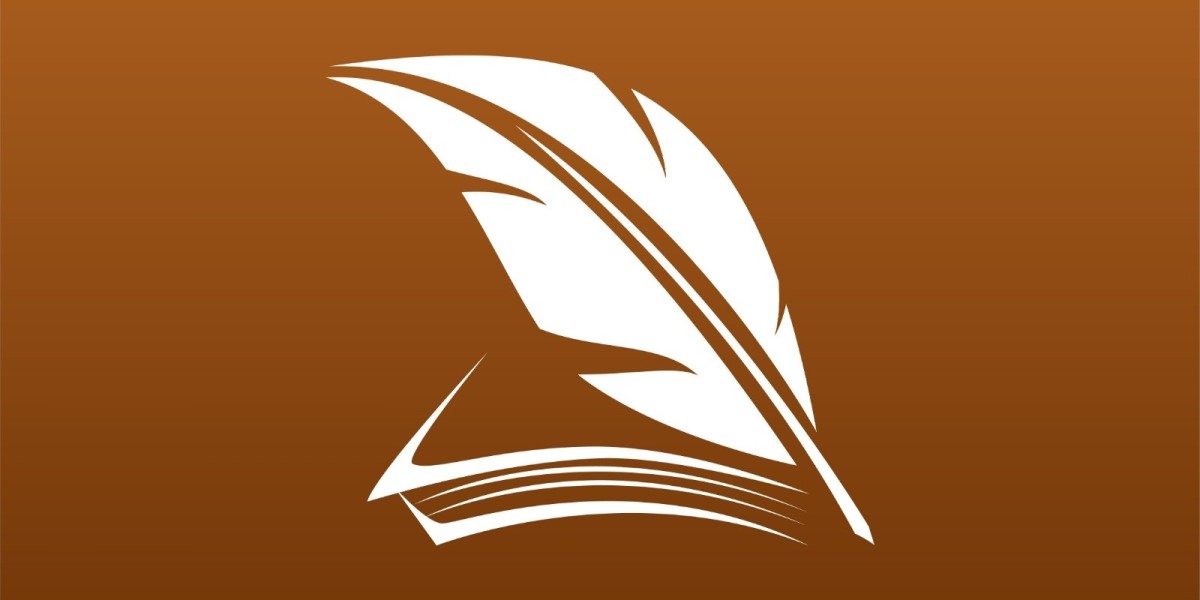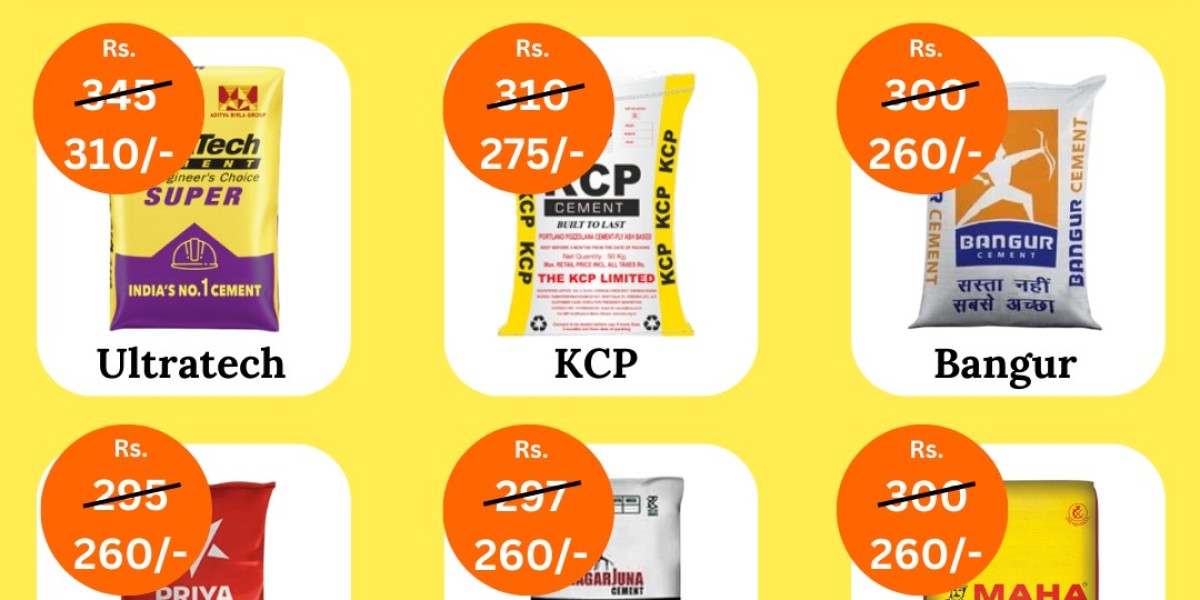Publishing a book is a rewarding experience, but the process can feel overwhelming. There are several types of book publishing services in USA, each with its own benefits and challenges. To find the best route for your book, it’s essential to understand the three primary models: traditional publishing, self-publishing, and hybrid publishing.
Traditional Publishing: A Trusted Path
Traditional publishing involves working with a publisher who handles everything from editing to marketing. Major publishing houses like Penguin Random House and HarperCollins are well-known players in this space.
Pros:
- No Upfront Costs: The publisher bears all expenses, including editing, design, and marketing.
- Professional Expertise: You benefit from a team of experienced editors, designers, and marketers.
- Widespread Distribution: Traditional publishers have strong distribution networks, meaning your book could appear in bookstores across the country.
Cons:
- High Competition: Getting a book deal can be tough, especially for debut authors.
- Lower Royalties: You’ll typically earn lower royalties compared to self-publishing.
- Limited Creative Control: Publishers have significant input on your book’s title, cover, and marketing strategy.
Self-Publishing: Full Control at Your Fingertips
Self-publishing has gained immense popularity, offering authors full creative control over their projects. Platforms like Amazon Kindle Direct Publishing (KDP) make it easier than ever to publish independently.
Pros:
- Creative Freedom: You make all the decisions, from cover design to pricing.
- Higher Royalties: Self-publishing platforms like Amazon KDP offer up to 70% royalties.
- Faster Publication: Once your manuscript is ready, you can publish within days.
Cons:
- Upfront Costs: You’re responsible for hiring editors, designers, and marketers.
- Marketing Challenges: All promotional efforts are your responsibility.
- Limited Bookstore Presence: Self-published books may struggle to gain traction in physical bookstores.
Hybrid Publishing: A Balanced Approach
Hybrid publishing combines elements of both traditional and self-publishing. You pay for services like editing and marketing, but retain more control over your book than you would with a traditional publisher.
Pros:
- Professional Support: Hybrid publishers offer professional editing, design, and marketing services.
- More Control: You retain more say in key decisions about your book’s content and appearance.
- Higher Royalties: Since you’re paying for services, you typically earn more from each sale than you would with traditional publishing.
Cons:
- Upfront Investment: Like self-publishing, hybrid publishing requires you to cover production costs.
- Research Required: Quality varies among hybrid publishers, so it’s essential to vet your options carefully.
Choosing the Right Path
Each of these book publishing services in the USA offers something unique. Traditional publishing provides prestige and professional backing, but can be competitive and slow. Self-publishing offers control and faster publication, but demands more responsibility. Hybrid publishing balances professional help with author control, though it involves upfront investment.
Here’s a quick guide to help you decide:
- Creative Control: Want full control? Go with self-publishing. Hybrid offers more flexibility than traditional.
- Budget: Traditional publishing covers costs, while self and hybrid require upfront investments.
- Timeline: Self-publishing is the fastest; traditional publishing can take a year or more.
- Marketing Needs: Traditional publishers offer marketing support, but in self-publishing and hybrid, you’ll need to take charge.
Conclusion
The world of book publishing services in USA is rich with options. Whether you’re drawn to traditional publishing for its prestige, self-publishing for its independence, or hybrid publishing for a blend of both, there’s a path that will suit your goals. Each option comes with unique benefits and trade-offs, so take time to consider which one aligns with your vision for your book.








